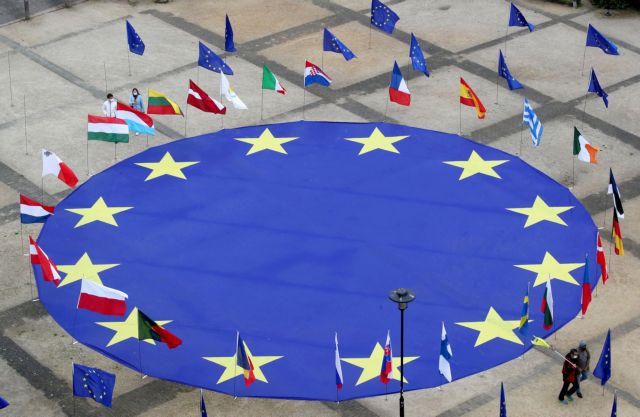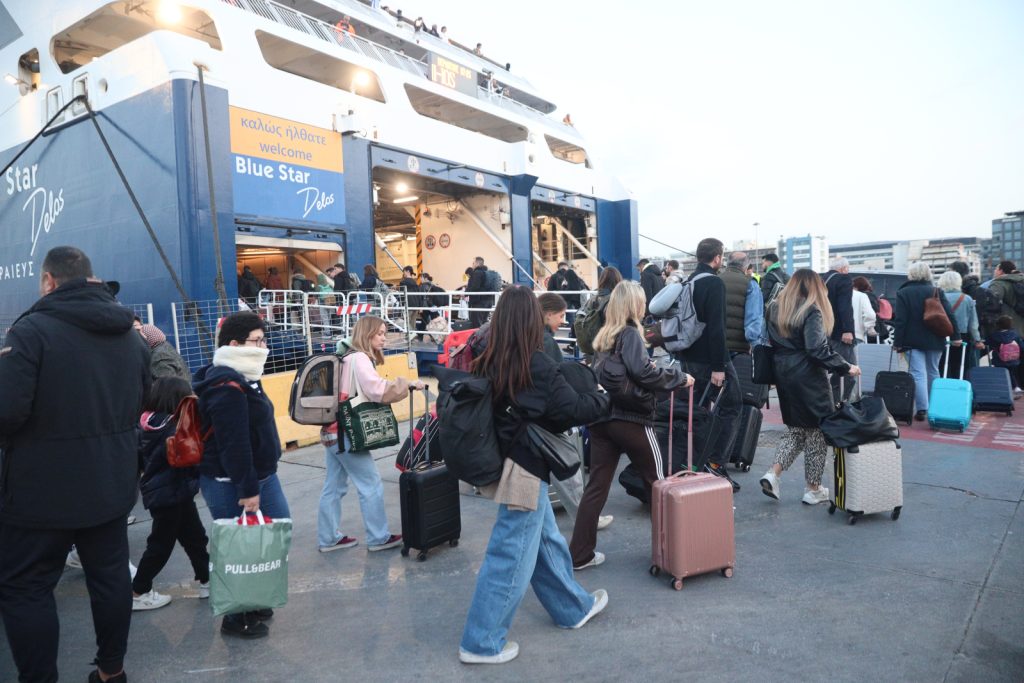Just ahead of the European election this weekend, Eurostat has released a report on the perceptions of European Union Crisis Management which shows that a vast majority of respondents favor a more active role for Europe in crisis, in cooperation with national authorities.
Eurostat says that 54% of persons answering the questionnaire think the EU is better prepared to deal with major crises today than it was five years ago.
Greeks are at near the top of the list of respondents who say they have directly benefitted from EU support in crisis and for saying they know people who have benefitted from the EU.
Specifically, 14% of Greeks say they have directly benefitted from EU support in response to a major crisis. Greece is just behind Ireland, which holds first place with 21% saying they have directly benefitted from EU support.
Eurostat says, “most respondents consider themselves aware of the EU’s efforts in responding to cross-border crises (health emergencies, natural disasters and conflicts).” However, in many countries citizens are not quite sure exactly how the EU helps.
The countries where the greatest percentage of citizens could explain exactly how the EU has helped people and countries in times of crisis are: Italy at 33%, Greece, Malta, Slovakia and Bulgaria at 30%, and Germany and Ireland (between 28% and 30%).
Conversely, just 17% of respondents in Estonia and France were able to say how the EU has helped people in times of crisis.




